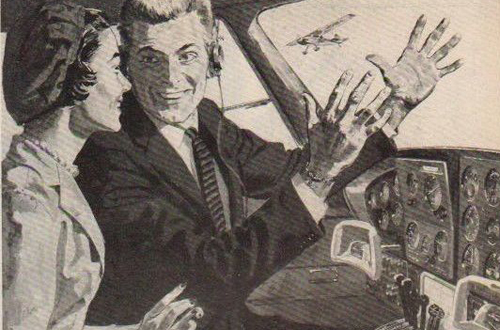Abstract: What will happen to current regimes of liability when driverless cars become commercially available? What happens when there is no human actor—only a computational agent—responsible for an accident? This white paper addresses these questions by examining the historical emergence and response to autopilot and cruise control. Through an examination of technical, social and legal histories, we observe a counter-intuitive focus on human responsibility even while human action is increasingly replaced by automation. We argue that a potential legal crisis with respect to driverless cars and other autonomous vehicles is unlikely. Despite this, we propose that the debate around liability and autonomous systems be reframed to more precisely reflect the agentive role of designers and engineers and the new and unique kinds of human action attendant to autonomous systems. The advent of commercially available autonomous vehicles, like the driverless car, presents an opportunity to reconfigure regimes of liability that reflect realities of informational asymmetry between designers and consumers. Our paper concludes by offering a set of policy principles to guide future legislation.
“Praise the Machine! Punish the Human! The Contradictory History of Accountability in Automated Aviation” is the first paper in the Intelligence and Autonomy project’s series of Comparative Studies in Intelligent Systems. Intelligence and Autonomy is supported by the John D. and Catherine T. MacArthur Foundation.
(Image from: International Telephone and Telegraph Corporation. May 1957. Advertisement. Broadcasting · Telecasting, 139.)


